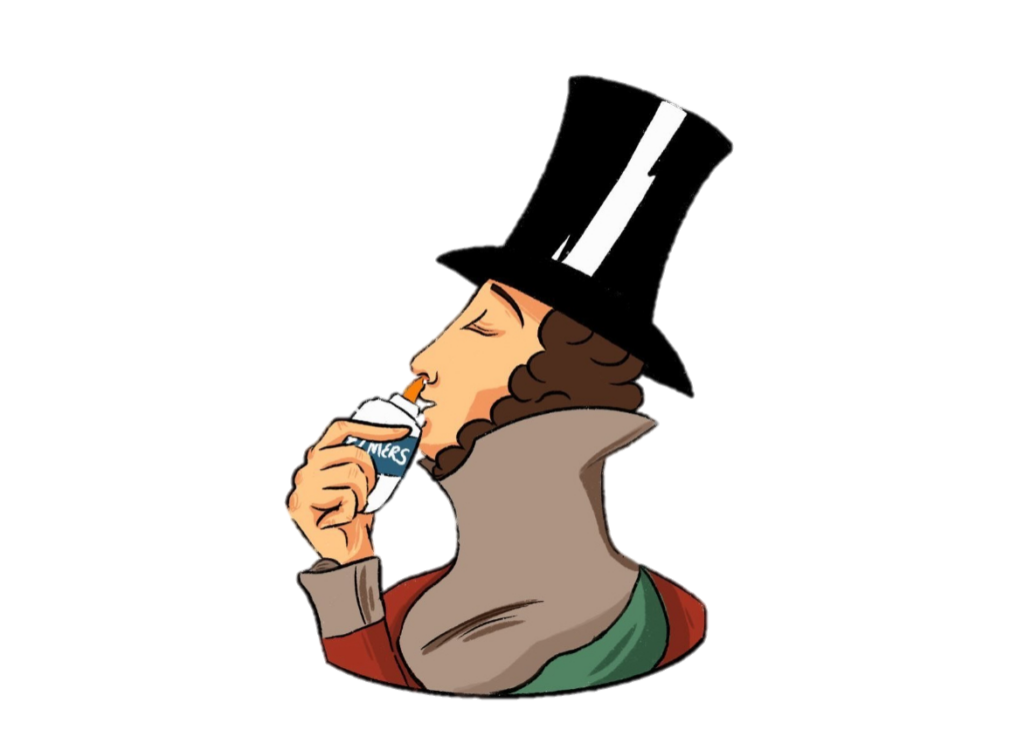Keeping the Columbia community cohesive
In an effort to decrease the number of students who engage in the underage drinking, Columbia Health launched a new campaign this fall to promote new, legal alternatives to alcohol for students under the age of twenty-one. The campaign centers around alternative drugs that are not only legal, but also conveniently attainable at various retailers throughout Morningside Heights.
Columbia Health began planning the campaign last April in a partnership with Students for a Substance-Free Space, a special interest housing community located in Wallach. Unfortunately, this partnership proved short-lived, as two months of lackluster results led Columbia Health to favor a substitutive strategy over a preventative one.
As a part of the campaign, Columbia Health suggests that students replace alcohol with substances such as glue, cough syrup, paint, and catnip. Evelyn Jones, M.D., the director of Columbia Health, told The Federalist, “If students switch to getting sauced on legal drugs, it will really help make Columbia look better in the yearly reports on underage drinking released by the National Institute on Alcohol Abuse and Alcoholism, which can then increase the federal stipend that Columbia Health receives to improve health services.” Sources tell us that this stipend is often used to increase paid vacation time and host more office parties for the Columbia Health Center.
As for the drugs themselves, there are mixed data regarding not only their safety, but more importantly their ability to produce a “robust, long-lasting high.” The Federalist carried out a series of tests to test the safety of sniffing glue, cough syrup, and paint. We used Elmer’s® Wood Glue Max®, Robitussin® DM, and Valspar® Latex Porch & Floor Paint. All three products produced an adequate level of perceived hallucinations, dizziness, and nausea. Only one member of our staff experienced sudden sniffing death syndrome, may she rest in peace. We did not test catnip, but assume that if cats love it, then college students will too.
Funding for the new campaign was increased in late September, thanks to a generous grant from Pfizer, Inc., the manufacturer of Robitussin® products. Columbia Health is working on securing additional funding from Elmer’s®, which, as one health official who wished to remain anonymous stated, may even allow them to host school-sponsored parties stocked with plenty of legal drugs on which students can get high.
Students have voice mixed reactions to the new campaign. GS students are, for the most part, vehemently against the campaign. A GSSC student representative stated, “Back when most of us [GS students] were 18, 19, or 20, it was legal for us to drink. Alcohol is safer than the drugs that Columbia Health is promoting, so, frankly, we don’t care what’s legal and what’s not. If students want to drink, they should be able to do so.” On the other hand, CC and SEAS students seem to be more supportive of the measures. SEAS ’19 student Xian-yang Li told The Fed, “These new drugs allow students to get seriously fucked up on a whole new level.”
Columbia Health has not publicly responded to the concerns voiced over the campaign, and continues to produce posters, informational videos, and pamphlets to spread the word of the new measures. At this point the campaign is scheduled to continue actively through December, at which point the Statistics Department will collect data to determine whether underage student alcohol consumption has decreased and, if it has, the campaign will continue into the spring.


